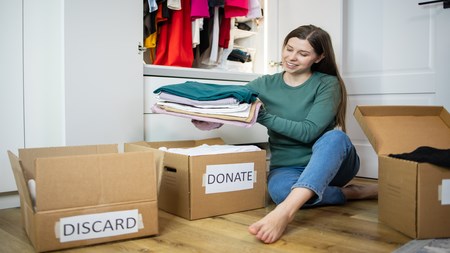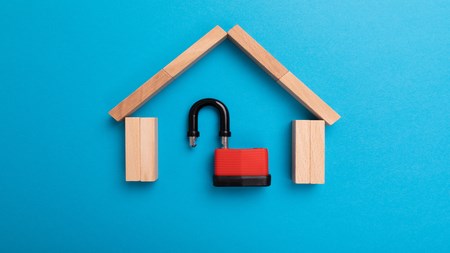Over the years, I have watched even the wildest of my friends grow up and begin to forge “adult” lives. While many were initially quite content to move around and rent lodgings, this outlook has begun to change as they begin to settle down.
Such is to be expected of people seeking stability and greater financial security explains Steven Barker, Head of Home Loans at Standard Bank. “Renting is a good option when you’re young, you haven’t decided where and how you want to live or you want a ‘lock-up and go’ lifestyle. In other words, the decision to buy a home is a question of what life stage you’re in and if you are ready to acquire assets. There’s no ‘should’ or ‘must’ about it.”
Create equity
That said, the one significant advantage of buying a house is that it’s a passive way of creating equity – or a financial stake – for yourself. Barker says: “We refer to it as passive because whether you buy or rent, you still have to spend money on a place to live. It’s money that leaves your pocket every month. It’s not discretionary. As such, why not derive some real value from spending it?
“By contrast investing in, for instance, shares, uses money that is additional to your monthly expenses. It’s a more active investment because you have to do more than pay for the roof over your head to afford it. When you’re paying off your own home, you get the benefit of living in your asset. You don’t get the same benefit from any other investment. You can’t live in your shares.”
Timothy Akinnusi, Divisional Executive of Nedbank’s Home Loans Sales & Client Value Management voices similar sentiments to Barker: “If you have a choice between renting and buying, buy. Purchasing a property in the right area or development affords you the opportunity to acquire an asset that will appreciate in real value over time. Over the long term, the benefits of owning the property will unlock myriad other financial opportunities and provide stability. It’s also cheaper to access the funds from a paid up home than it is to use credit cards and overdrafts, which typically carry a far higher interest rate.”
Look long-term
Like all true investments, Barker points out that buying a home is not a short-term investment. In fact, he says, if you sell in less than seven years, the price of the property probably won’t have increased significantly enough for it to pay off what is still owed on it.
“Of course there are rare periods when property prices escalate rapidly and you can make a substantial profit by selling. It’s worth remembering though that the next house you buy will also have gone up in price.”
He adds that the legal costs involved in selling and buying again are also likely to negate any profit you may make on the property and would probably impact on your ability to afford your next home.
“These aspects shouldn’t act as a deterrent though,” notes Barker. “If you hold on to your house for ten years or more, you can be assured of a significant return on your original investment. And, because you’ve paid your bond for all those years, you should have a good credit record to boot.”
Demand vs supply
Adds Akinnusi: “The fact that building costs are increasing and more South Africans are seeking to become home owners means that the demand for good housing is beginning to outstrip supply. This indicates that the earlier one purchases a good home the better off they will be in the future. In short, owning a property opens up the door to future wealth creation and preservation.”
Concludes Barker: “Ultimately it is important to get on to the property ladder. Once you’re on that ladder, being able to manoeuvre financially and buy another property becomes easier because you have the value of your previous house with which to trade. Without that value behind your name, it’s much more difficult.”
This case study outlines the benefits of buying over renting:
“Joe” currently rents a two-bedroom apartment for R12 000 per month, all inclusive. The owner wants to sell the apartment for R930 000. Should Joe buy it? What would he pay each month?
If Joe continues to rent the apartment from the new owner his rental will increase annually – in his case by 10%. This means that by 2015 he will be paying around R14 500 per month. If Joe buys the apartment his monthly bond repayment inclusive of his levy, rates and taxes will still be far less than his total monthly rental amount would be. So why should Joe continue to pay off someone else’s home loan, when he could be paying his?



